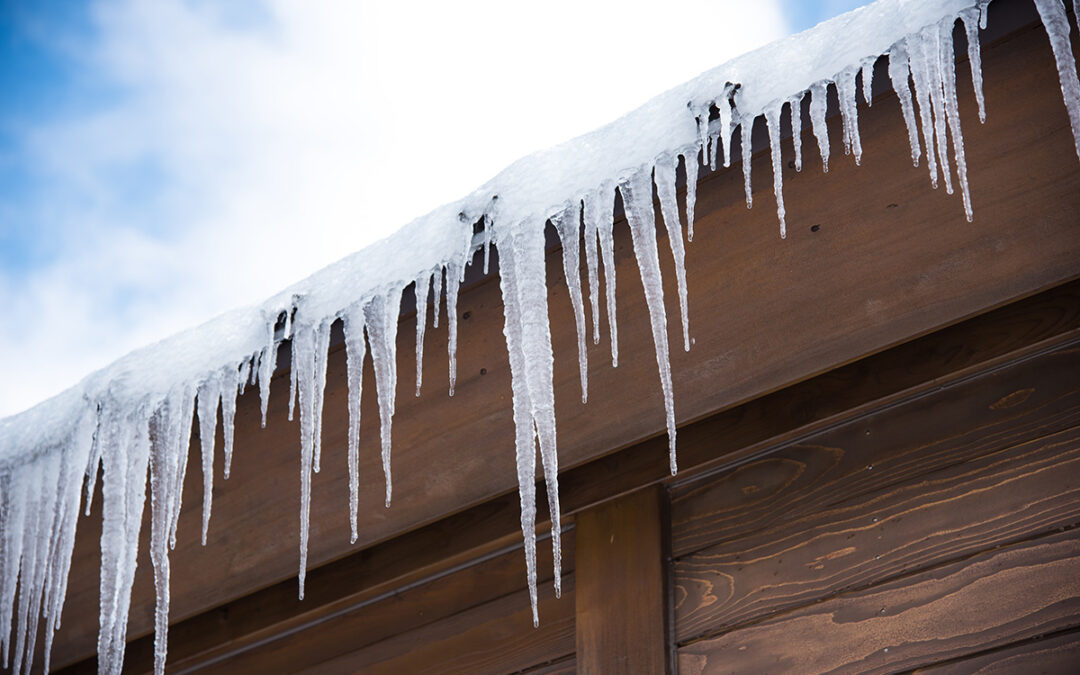Winter weather can be harsh on a home, and the roof is one of the most vulnerable parts. It’s no surprise that when temperatures drop and snow starts piling up, many homeowners are unsure of which type of roofing material will best protect their property. If you live in an area prone to heavy snowfall or cold temperatures, keep reading to learn the best roofing material for snow and cold climates.
Pros and Cons of Asphalt Shingles
Asphalt shingles remain one of the most popular roofing choices among homeowners today. They are affordable, easy to install, and offer a wide variety of colors and styles. However, like any roofing material, they also have their fair share of pros and cons to consider. On the positive side, asphalt shingles are relatively low maintenance and can last anywhere from 15 to 30 years, depending on the quality. On the negative side, they are not as environmentally friendly as other roofing materials and can be prone to damage in extreme weather conditions. Despite these drawbacks, asphalt shingles continue to be a popular choice for homeowners looking for a cost-effective and attractive roofing option.
Benefits of Metal Roofing
If you’re living in a cold climate, you know the importance of having a roof that can withstand harsh conditions. That’s where metal roofing really shines. Not only does it last longer than traditional roofing materials, but it can also withstand heavy snow loads and ice buildup without suffering any damage. Additionally, metal roofs are excellent at insulating your home and keeping you warm during the winter months. This can translate into significant energy savings, as you won’t have to crank up the heat to stay warm. So if you’re looking for a durable and efficient roofing option for your cold climate home, metal is definitely worth considering.
Advantages of Clay Tiles
Clay tiles offer several advantages for homes located in cold climates, making them a popular choice among homeowners. Firstly, clay tiles are highly durable and can withstand harsh weather conditions such as snowstorms and heavy rainfall. They are also resistant to extreme temperatures, which means they can withstand the freezing temperatures that are common in colder regions. Secondly, clay tiles are excellent heat insulators, retaining warmth inside the house and preventing heat from escaping, which can significantly reduce heating costs during the cold winter months. Lastly, clay tiles are a great option for those who value aesthetics, as they come in a variety of colors and textures, adding a unique and charming look to any home. Overall, clay tiles offer unmatched durability, insulation, and aesthetics, making them a great investment for homeowners living in colder regions.
Choosing Synthetic Slate Roofs
When it comes to choosing a roof for a home in a snowy area, synthetic slate may be a material worth considering. Unlike natural slate, which can be prone to cracking under extreme temperatures, synthetic slate is made from durable materials that can withstand harsh winter weather. Additionally, synthetic slate can mimic the appearance of natural slate without the hefty price tag. If you decide to go with synthetic slate, be sure to choose a product with a high rating for snow load capacity. Proper installation by a qualified professional is also crucial to ensure the roof can withstand snow and ice buildup. With careful consideration and planning, a synthetic slate roof can be a beautiful, practical, and long-lasting option for snowy areas.
Consider Concrete Roofing
Concrete roofing is an increasingly popular option for homes located in cold climates. This type of roofing provides a number of benefits, including durability, energy efficiency, and protection from extreme weather conditions. Concrete roofs are designed to withstand heavy snow loads and ice buildup without suffering any damage. Additionally, they are excellent insulators that can keep your home warm during the winter months while reducing heating costs. Furthermore, concrete roofs come in a variety of colors and textures so you can customize the look of your home to fit your particular needs. Overall, concrete roofing is an ideal choice for those living in colder regions who want a durable and attractive roof that will last for years to come.
Selecting the Best Roof
When it comes to selecting a roof for your home in a cold climate, there are several options available. Metal roofs provide excellent durability and insulation, while clay tiles offer unmatched aesthetics and energy efficiency. Synthetic slate is another great choice that offers the look of natural slate without the hefty price tag, as long as you choose one with high snow load capacity. Finally, concrete roofing provides an attractive solution that can withstand extreme temperatures and heavy snow loads. Ultimately, no matter which option you decide on, make sure to consult a qualified professional who can help ensure your roof will be able to stand up against harsh winter conditions.

